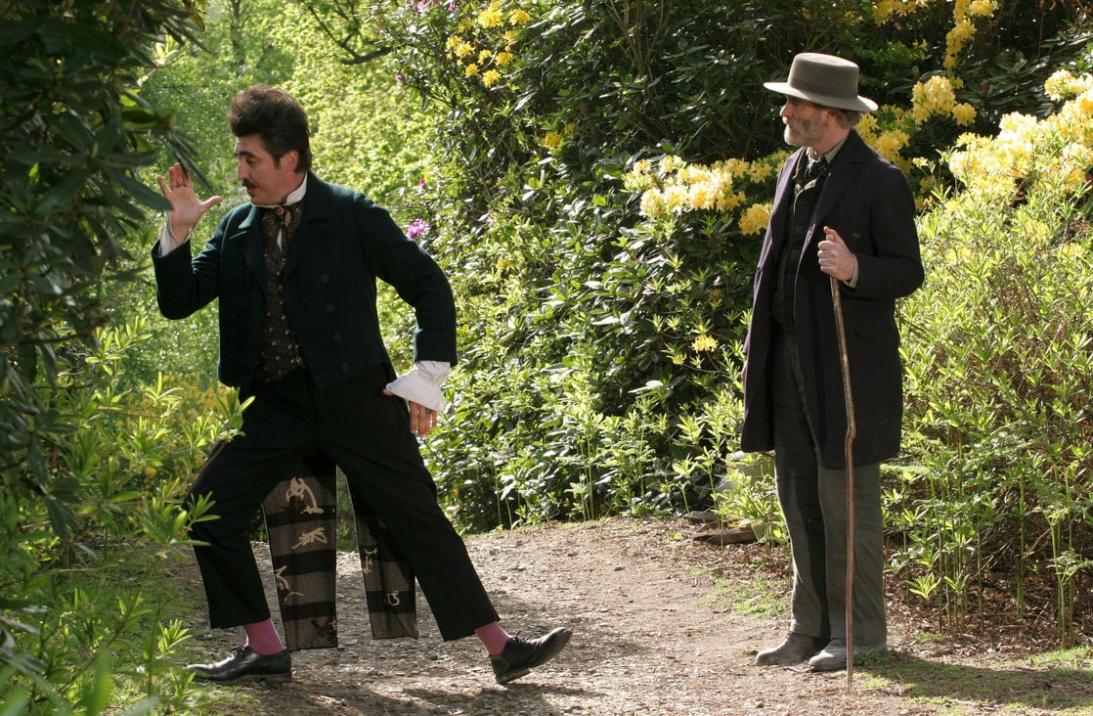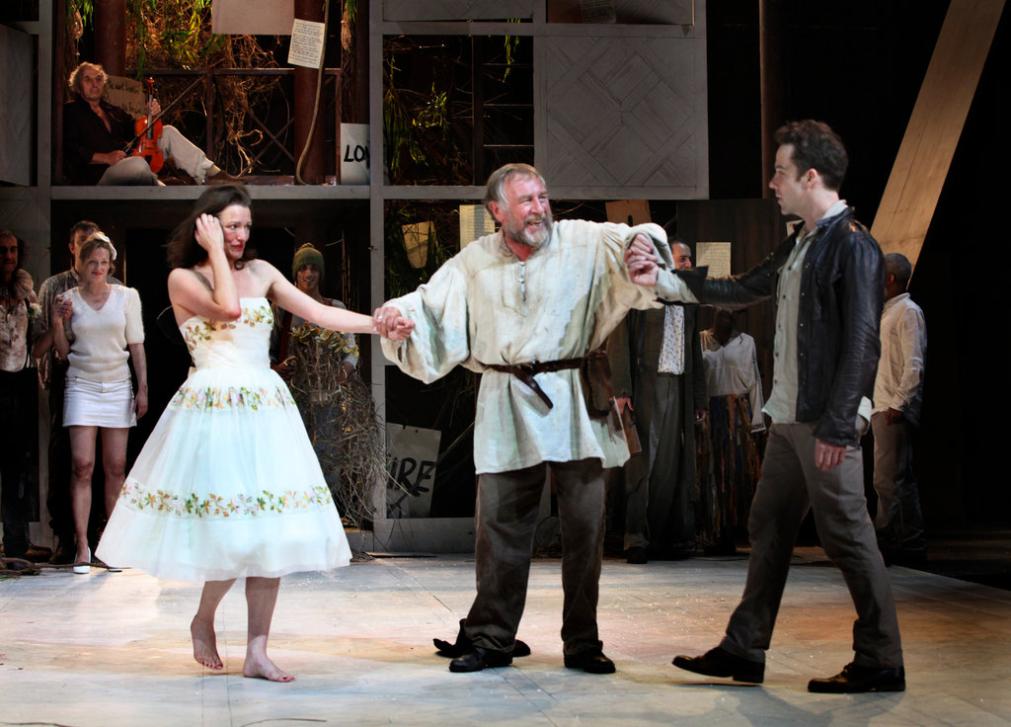Love and Identity in As You Like It: A Journey of Self-Discovery
In the realm of Shakespeare's comedies, As You Like It stands as a testament to the transformative power of love. Set in the enchanting Forest of Arden, the play weaves a tapestry of romantic entanglements, mistaken identities, and profound self-discovery. At its heart lies the intricate relationship between love and identity, a theme that unfolds through the journeys of its diverse characters.

Love as a Catalyst for Identity Exploration
Love, in its myriad forms, acts as a catalyst for identity exploration in As You Like It. Characters embark on quests for self-knowledge, prompted by the transformative power of love. Consider Rosalind, the play's witty and resourceful heroine. Disguised as a young man named Ganymede, she finds herself caught in a web of mistaken identities. Yet, this disguise becomes a catalyst for self-discovery. As Ganymede, Rosalind gains a newfound freedom to express her thoughts and feelings, challenging societal expectations and norms.
- Rosalind's disguise allows her to explore aspects of her identity that were previously hidden or suppressed.
- Through her interactions with Orlando, Rosalind gains a deeper understanding of her own desires and aspirations.
- Love prompts Rosalind to question societal expectations of gender and class, leading to a more profound sense of self.
Love as a Mirror of Identity
Love also acts as a mirror, reflecting characters' inner selves. Romantic relationships reveal their strengths, weaknesses, and hidden desires. Orlando's unwavering devotion to Rosalind, despite her disguise, showcases his capacity for true love and unwavering loyalty. Conversely, Phebe's initial infatuation with Ganymede, unaware of Rosalind's true identity, exposes her own insecurities and unrequited love for Silvius.
- Romantic relationships serve as mirrors, reflecting characters' inner selves and hidden desires.
- Love challenges characters to confront their own flaws and vulnerabilities.
- Through love, characters gain a deeper understanding of their own motivations and aspirations.
Love as a Source of Identity Confusion
However, love can also lead to identity confusion or mistaken identities. The play abounds with instances where characters mistake one person for another, leading to humorous misunderstandings and complications. These mistaken identities often stem from love's ability to distort perceptions and cloud judgment. Consider the case of Silvius, who remains steadfast in his love for Phebe, despite her disinterest. His infatuation blinds him to her true nature, leading to a distorted sense of self and identity.
- Love can distort perceptions and lead to mistaken identities.
- Mistaken identities can have both positive and negative consequences for characters.
- Love's transformative power can challenge characters' sense of self and lead to identity confusion.
Love as a Path to Self-Acceptance

Ultimately, love leads characters in As You Like It towards self-acceptance and embracing their true identities. Through the transformative power of love, characters overcome societal pressures and expectations, finding solace and acceptance in their own identities. Rosalind's journey culminates in her acceptance of her love for Orlando, shedding the disguise of Ganymede and embracing her true self. Similarly, Phebe's initial rejection of Silvius gives way to self-awareness and acceptance of her own feelings, leading to a newfound love and understanding.
- Love helps characters overcome societal pressures and expectations.
- Through love, characters find solace and acceptance in their own identities.
- Love leads characters to embrace their true selves and find self-acceptance.
As You Like It presents a nuanced exploration of the relationship between love and identity. Love acts as a catalyst for self-discovery, a mirror reflecting characters' inner selves, and a source of both identity confusion and self-acceptance. Through the play's intricate web of romantic entanglements and mistaken identities, Shakespeare invites us to contemplate the profound impact of love on our sense of self and our journey towards self-discovery.

YesNo

Leave a Reply